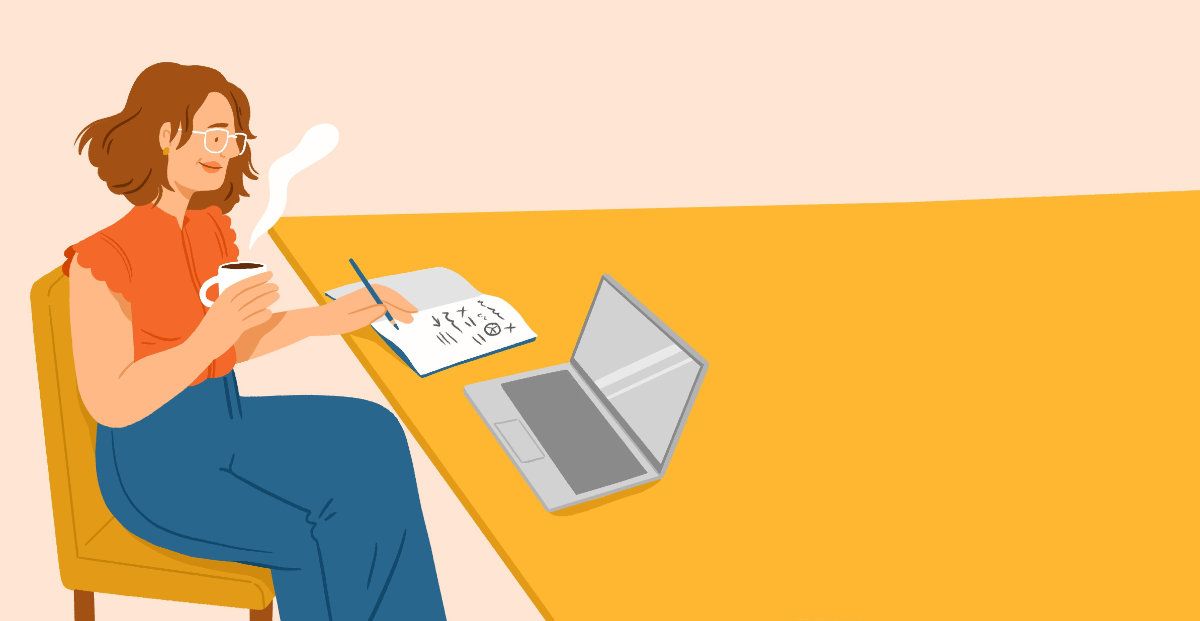Wait, was that a microaggression?

I just discovered a new online
encyclopedia of microaggressions. It lists specific examples of
microaggressions and debriefs why they are harmful. Check out Micropedia here. I found it to be very interesting and useful.
Micropedia lists microaggressions pertaining to race, gender,
disability, and more. Along with the microaggression, the site provides
the underlying message, or as we call it in our Disarming
Microaggressions course, the hidden message that the statement carries.
For example, You’re so articulate. From the site: “This comment
usually comes from a white person. It assumes a racialized person would
be less capable and articulate. It is often meant as a compliment.
However, it is offensive to be surprised that a racialized individual is
articulate and well-spoken. These expectations are often based on
stereotypes. They can cause a racialized person to doubt themselves.”
I would suggest that the hidden message carried by “you’re so
articulate” could also be, “you are an exception, most people like you
are not articulate, so it’s a surprise that you spoke well.”
A recent article in Fast Company highlights the Micropedia site here,
and introduces the team behind it, led by Stephanie Yung, head of
design at the creative agency Zulu Alpha Kilo. Yung believes the
Micropedia could be used by people who have been the target of a
microaggression and are seeking validation of what happened. Speaking
with bystanders and allies to get confirmation and validation would be
best, but a good second option is to use the site to read and confirm
what was experienced.
I think the most important audience for the site is people who are
concerned that they are unintentionally saying things that are offensive
and want to educate themselves. From my work with Dr. Sue, I know that
he teaches that bystanders and allies must educate themselves to be more
alert about microaggressions they hear, as well as things they may say
themselves. As he says, we are all prone to committing microaggressions
because we have all been conditioned by a white-dominant culture in
which non-white people are out of the norm, and so automatic assumptions
and biases about People of Color are deeply embedded in people’s
unconscious. As Toni Morrison has written, “In this country, American
means white. Everybody else has to hyphenate.”
In a recent conversation, Dr. Sue wanted me to understand that he
still commits microaggressions in the classroom. He uses them with the
group to process and develops comebacks and ways to speak up. If Dr.
Sue, one of the leading experts in microaggressions still makes
microaggressions, I think it’s safe to say that we all need to admit
that each of us are also prone to say things and we do… Let’s get over
ourselves and acknowledge we’ve all been conditioned and have work to do
– to explore who and what we are as racial and cultural beings in this
society (more on this from Dr. Sue soon!).
As part of your DEI journey, I suggest bookmarking the Micropedia site and exploring the various microaggressions that are written up there.

